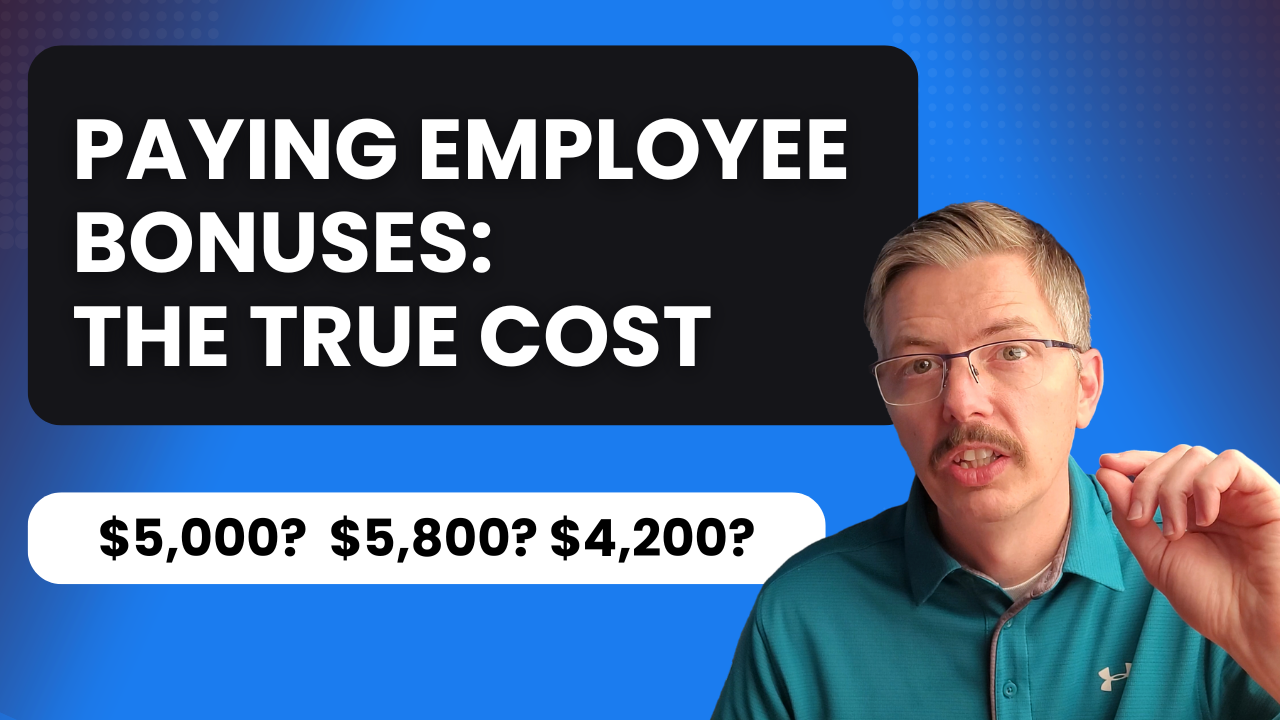

As a small business owner, one of your primary concerns is maximizing profitability while minimizing expenses. One crucial aspect that can significantly impact your bottom line is the tax burden your company faces each year. By implementing effective tax-saving strategies, you can potentially reduce the amount of taxes your business owes, thus helping to increase your overall profitability.
Tax planning is the first and most crucial step to reducing your tax bill. This process allows you to analyze your financial situation and proactively make well-informed decisions with tax consequences in mind. Strategic tax planning should take place throughout the year to help small business owners identify available tax-saving opportunities. Furthermore, effective tax planning not only ensures compliance with tax regulations but also helps you navigate potential tax liabilities as a result of changing business conditions or tax laws.
In this article, we will discuss several key tax-saving strategies for small business owners, including leveraging deductions and credits, optimizing entity structures, and the importance of working with a tax professional to help you efficiently minimize your tax burden.
Leveraging Deductions and Credits
To reduce your taxable income and overall tax liability, it’s essential to be aware of the various deductions and credits available to small businesses. Here, we highlight some of the most notable opportunities:
1. Startup Costs
Small businesses can deduct up to $5,000 in startup costs in the first year of operation, including expenses such as market research, legal fees, and advertising. Any costs exceeding the $5,000 limit can be amortized over 15 years.
2. Home Office Deduction
If you use a portion of your home exclusively and regularly for your business, you may qualify for the home office deduction. You can calculate this deduction using either the simplified method (a flat $5 per square foot, up to 300 square feet) or the regular method (based on the percentage of your home used for business purposes).
3. Mileage Expenses
Small business owners who use their personal vehicles for business-related travel can claim a mileage deduction. For 2021, the standard mileage rate for business use is 56 cents per mile.
4. Research and Development (R&D) Tax Credit
Companies engaged in qualified research activities can benefit from the R&D tax credit, which could offset payroll tax and income tax liabilities. The credit calculation may vary based on company size and specific expenditures.
5. Work Opportunity Tax Credit (WOTC)
The WOTC is a federal tax credit available to employers who hire individuals from specific targeted groups facing significant barriers to employment. The credit amount varies depending on the hired individual’s qualifications and hours worked.
Selecting the Appropriate Business Entity Structure
Your choice of business entity structure significantly affects your tax obligations. The different structures and their respective tax implications include:
1. Sole Proprietorship
A sole proprietorship is a simple structure where a business owner operates the business under their name or a trade name. The income and expenses are reported on the owner’s personal tax return using Schedule C, and the net income is subject to both income tax and self-employment tax.
2. Partnership
In a partnership, two or more individuals join together to run a business. The business does not pay income tax directly; instead, partners report their share of income and deductions on their individual tax returns.
3. Limited Liability Company (LLC)
LLCs offer flexibility in tax treatment, as the income can be taxed as a sole proprietorship, partnership, or a corporation, depending on the number of members and elections made. This structure provides limited liability protection for the owners while offering pass-through taxation benefits.
4. Corporation
A corporation is a separate legal entity from its owners and is subject to corporation tax rates. The corporation’s profits can be taxed twice – once at the corporate level and again when distributed as dividends to shareholders. However, small businesses can choose S corporation status to avoid double taxation, passing income directly through to their shareholders.
Working with a Tax Professional
Enlisting the help of a tax professional is a crucial component of efficient tax planning and savings, offering several benefits:
1. Expert Guidance
Tax professionals stay up-to-date with the ever-changing tax laws and regulations, ensuring accuracy and compliance for your business. They can help you identify tax-saving opportunities specific to your industry and situation.
2. Tax Plan Development
A tax professional can develop a customized, comprehensive tax plan for your business, identifying potential tax liabilities and proactively addressing them to minimize your overall tax burden.
3. Avoiding Costly Mistakes
Tax professionals can navigate complex tax matters and spot potential errors or oversights, helping you avoid penalties and fines associated with non-compliance.
4. Audit Support
In the event of an audit, a tax professional can provide expert representation, prepare the necessary documentation, and advocate on your behalf to resolve the matter efficiently.
Conclusion
Minimizing your tax burden is an essential aspect of maximizing your small business’s profitability. By leveraging available deductions and credits, selecting the appropriate business entity structure, and working with a tax professional, you can develop an effective tax-saving strategy tailored to your unique business needs. Implementing these strategies and prioritizing tax planning can help ensure your business maintains its financial health and stays compliant with tax regulations.
At Aaron Stegner CPA, Ltd., we offer a wide range of business services, such as tax preparation, payroll management, bookkeeping, and personal tax services. If you are looking for tax professionals to help you save, work with us today!



